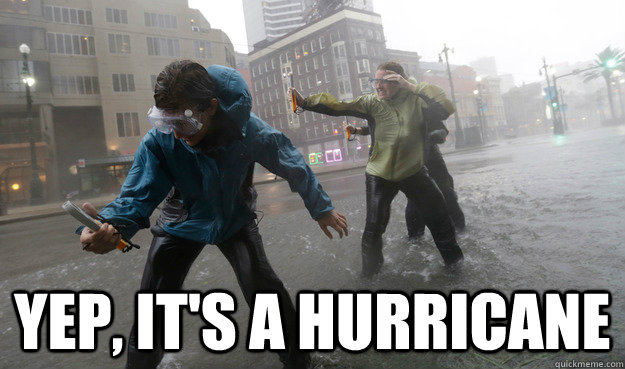Warning: Undefined variable $num in /home/shroutdo/public_html/courses/wp-content/plugins/single-categories/single_categories.php on line 126
Warning: Undefined variable $posts_num in /home/shroutdo/public_html/courses/wp-content/plugins/single-categories/single_categories.php on line 127
For my historical event, I chose to write about two historical movies I watched over the summer. They are called Taegukgi (The Brotherhood of War) and Ode to my Father, and they both focus on the effects of the Korean War, during and after. Taegukgi focuses on the warfront where family and men are torn apart due to the division of Koreans being accused of being with the communist party by association. There is a lot of confusion and families forcing to fight against one another. The movie was heart wrenching but beautiful to watch because of the deep connections between families and brothers.
The second movie was Ode to my Father wasn’t something anywhere near what my expectations were. I watched this movie a few hours after Taegukgi, and was told that this one was going to be a “comedy.” My Aunt lied big time. The movie had be smiling and laughing at one moment, only for my heart to be thrown onto the ground and stomped all over. (That was literally how my cousin and I described our feelings after the movie.) The movie follows a boy who loses his house in the Hungnam Evacuation, and encounters numerous trials and guilt throughout his life. The movie incorporated actually footage of TV programs from the past, they were so real and raw that really the Korean War so authentic. The feeling was similar to the awe and connection you experience going to a museum and seeing items of the past.
As a historian both movies have created a deeper appreciation into learning about not only about my own heritage, but about others events throughout history. And that where there is history, there are lives that impact and are impacted by the paths people choose. And that will continue for as long as people live.
(P.s. I really recommend these movies)






